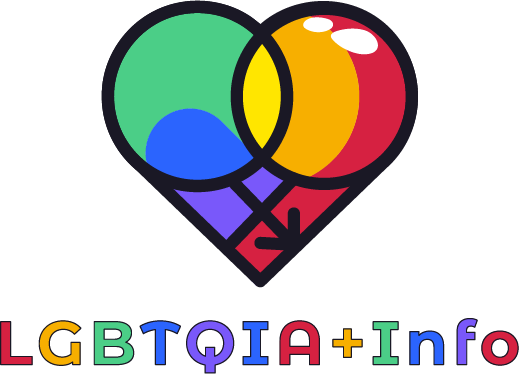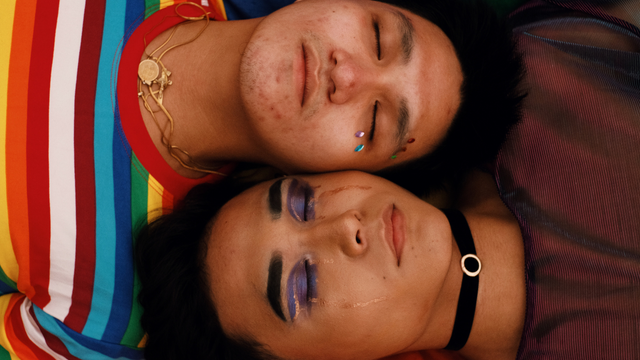The word “queer” has been used to refer to those who do not fit into traditional gender and sexuality roles. Originally intended as an insult, the phrase has been reclaimed by the LGBTQ+ community to express pride in and support for those who do not conform to the norm. In this piece, we will discuss what it means to be queer, the many identities that may be classified as queer, and the lived experiences of queer people.
Understanding the Meaning of Queer
The word “queer” is commonly used as a catch-all to describe those who defy conventional gender and sexuality conventions. It’s open to a broad variety of personas, including but not limited to the following:
- Gay
- Pansexual
- Asexual
- Intersex
- Non-binary
- Lesbian
- Bisexual
- Transgender
The word is commonly used to express a desire to avoid strict categorization and instead embrace a more open sense of self. Many people who use the word “queer” do so as a manner of expressing their defiance of conventional values and celebration of their own individuality.
Queer Identity and Experience
Having a queer identity is not dependent on checking off a box list of traits or life events. Those who identify as LGBTQ may face stigma, exclusion, and hostility in everyday life. They may also face challenges from internalized homophobia or transphobia or from social pressure to adhere to more conventional gender and sexuality standards.

On the other hand, being queer may be something to be celebrated. It may help people feel comfortable in their own skin, make friends with others who understand them, and grow as people.
The Intersection of Queer Identity and Other Identities
There is no such thing as a solitary queer person. It often intersects with a person’s racial, ethnic, religious, and socioeconomic background. A person’s experiences and their ability to navigate the world as a queer person might be influenced by the junction of various identities.
Queer people who also happen to be members of a historically oppressed racial or ethnic group, for instance, may face both racism and homophobia or transphobia in their daily lives. It may be even more challenging for people to gain acceptance and support from their communities when they experience intersectionality.
The Importance of Queer Visibility and Representation
The importance of LGBT people being seen and represented cannot be overstated. Having one’s identity and experiences mirrored in popular culture is a powerful source of affirmation. It may also aid in the development of a more welcoming culture in which LGBT people can live without fear.

Even so, there is a flip side to representation. Harmful views and ideas about gay people may be perpetuated via poor portrayal or negative stereotypes, leading to discrimination and marginalization. The media and entertainment industries have a responsibility to present LGBT people in a good and affirming manner.
The Future of Queer Identity and Experience
As society continues to evolve and become more accepting of non-normative identities, the meaning of queer and the experiences of queer individuals will continue to change. However, the need for acceptance and support will remain constant. It is crucial for society to continue to work towards creating a more inclusive and accepting world for all individuals, regardless of their gender identity or sexual orientation.
Conclusion
To express pride in and acceptance of non-normative identities and experiences, the LGBTQ+ community reclaimed the word “queer.” It includes many different perspectives, backgrounds, and intersections. Media and entertainment should depict LGBT people in a positive and affirming way if they want to contribute to the acceptance and support of the gay community.
People need to learn more about the lives of gay people and do their part to make the world a more welcoming and safe place for everyone as society develops. A more fair and equitable society may be achieved by honoring and learning from the wide range of human experiences.

